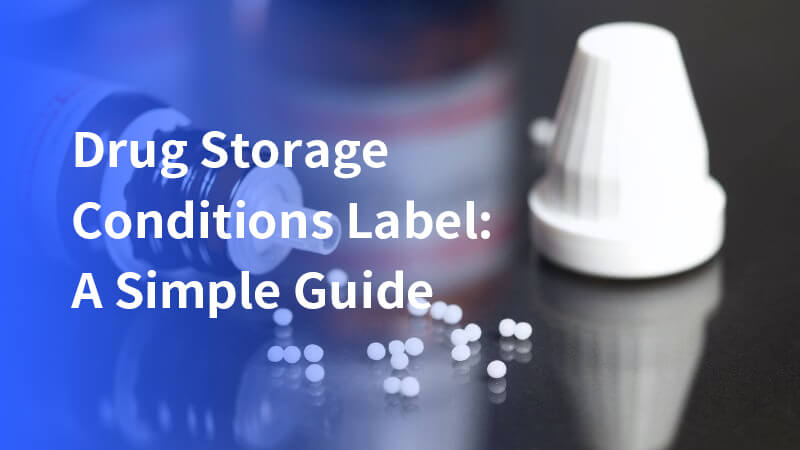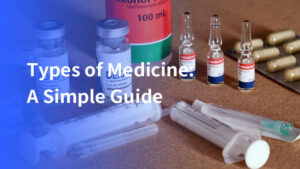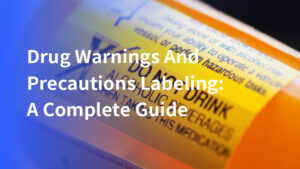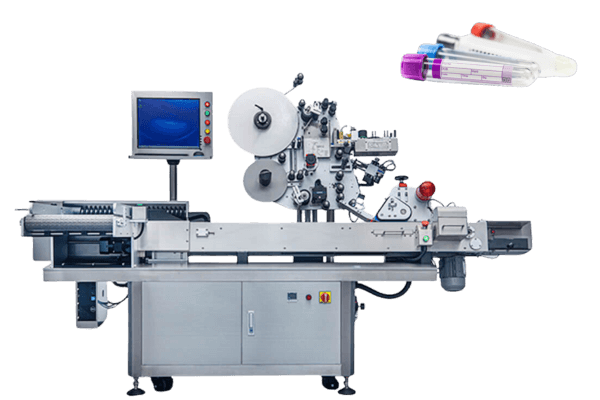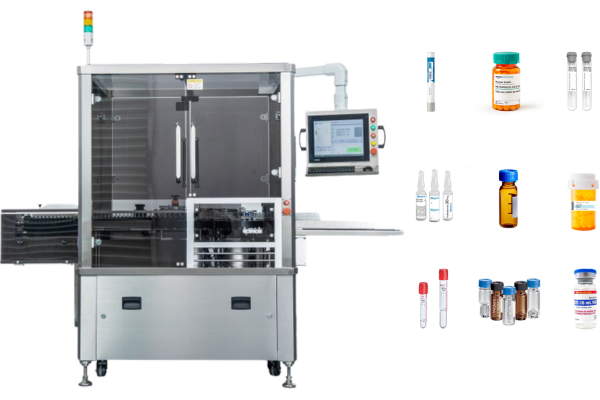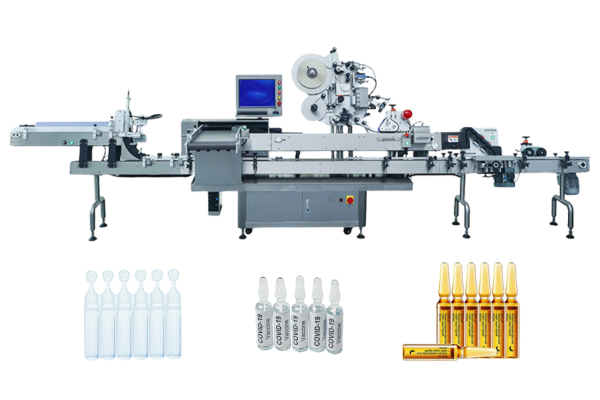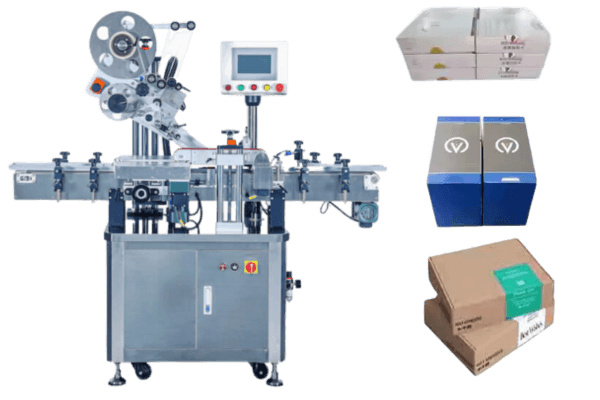The drug storage conditions label gives important instructions on how to store medicine safely. It explains the best temperature, light, and humidity levels for keeping the drug effective.
If medicine is not stored properly, it can lose its power or even become dangerous. By following the guidelines on the label, people can make sure their medicine stays safe to use.
In this guide, we will talk about the main parts of the drug storage conditions label, why these storage rules are important, and how they keep medicines safe.
We will also look at special storage needs, such as what to do after opening a medicine or when it expires, and how temperature, light, and moisture affect drugs.
Key information on drug storage conditions labels
The drug storage conditions label includes specific details about how to store the drug in the right environment. This helps make sure the medicine stays safe until it is used.
Temperature requirements
Many medicines must be stored at certain temperatures. Some need to stay at room temperature, while others need to be refrigerated or frozen.
- Room Temperature: Medicines stored at room temperature should be kept between 15°C and 25°C. These drugs can stay in most rooms at home but should not be near heat sources or air conditioning.
- Refrigeration: Some medicines, like certain vaccines, should be stored in the fridge at 2°C to 8°C. These should never be frozen because freezing can damage them.
- Freezing: A few drugs need to be stored at very cold temperatures, usually below -15°C. These drugs must be frozen to stay effective.
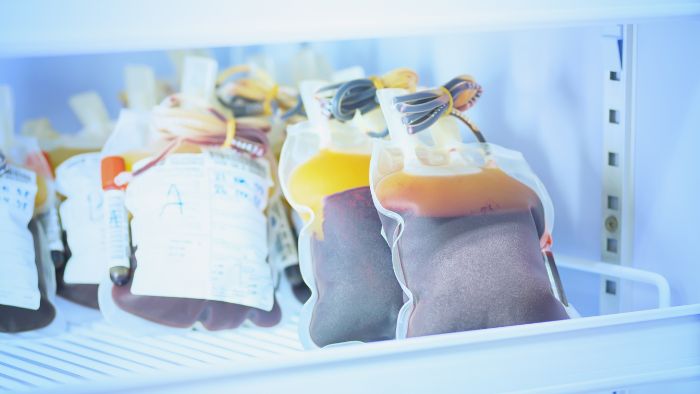
Humidity requirements
Some drugs must be kept in dry places because moisture can damage them. The label may say “store in a dry place” or “protect from moisture.” Medicines that need to stay dry should not be kept in places with a lot of moisture, like bathrooms or kitchens.
Light exposure
Certain drugs can be harmed by light. The label may say “protect from light” to show that these medicines should stay in dark places or be kept in their original containers to block sunlight.
Container requirements
Some medicines need to be kept in special containers to protect them. If the label says “store in a tight container,” it means the drug needs protection from air or moisture. Leaving the drug in its original packaging until use helps keep it safe.
Special storage instructions and tips
Some medicines have special storage needs that go beyond basic guidelines. These instructions help keep the medicine effective and safe to use.
- Handling expired drugs: The expiration date tells you how long the drug will work as intended if stored correctly. After the expiration date, the medicine may not work well or could become unsafe. Expired drugs should be disposed of safely, not thrown in the trash or flushed down the toilet. Many pharmacies have safe disposal programs for old or expired medicines.
- Storage after opening: Once a medicine is opened, it may need different storage conditions. For example, eye drops or liquid medicines might need refrigeration after opening. Some medicines have a “use within” date after being opened, which tells you how long they are safe to use.
- Patient safety tips: Medicines should be stored in places where children and pets cannot reach them. It is important to keep medicines in a cool, dry place, not in humid rooms like bathrooms. A kitchen shelf or bedroom cabinet is usually a better spot. Always store medicines where they cannot be accidentally taken by others.
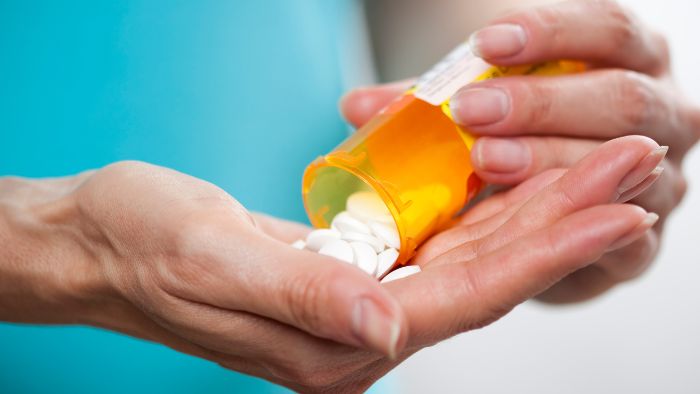
How storage conditions affect drug stability
The way drugs are stored affects their stability and how well they work. Here is how temperature, humidity, and light can change a drug’s effectiveness:
Temperature effects
Medicines that are stored at temperatures that are too hot or too cold may stop working. For example, insulin can lose its strength if left in a hot car. Some medicines can spoil if frozen, even if they are usually stored in the fridge.
Humidity effects
Humidity can cause pills to break down or become sticky. Medicines like powders or tablets absorb moisture, which can cause them to lose their strength. If a medicine gets too damp, it may fall apart or change in texture.
Light effects
Light, especially sunlight, can cause certain drugs to become less effective. These drugs may change chemically when exposed to light, making them less safe. Storing these medicines in their original containers or dark places helps protect them from light damage.
Role of regulatory agencies in drug storage labels
The drug storage conditions label is not made by the drug company alone. Regulatory agencies, like the FDA, decide what information goes on these labels to keep patients safe.
- Label Updates: As scientists learn more about how drugs react to different conditions, companies may need to update storage labels. If new research shows that a drug should be stored differently, the label will change to reflect this. Updates help patients use medicines correctly and safely.
- Monitoring and Enforcement: Agencies like the FDA check that drug companies follow the rules for safe storage. They make sure that the labels are correct and that the drugs are stored properly before they reach patients. These agencies also monitor how drugs are handled during shipping and storage to make sure nothing goes wrong before the drug gets to you.
Viallabeller can provide labeling machine which can fit this type of label, they can label vial, pill bottle, and more.
Conclusion
The drug storage conditions label gives clear instructions on how to store medicines safely. By following these rules, patients can make sure their drugs stay effective and safe to use.
Whether it is about keeping medicines at the right temperature, away from moisture, or out of the light, these guidelines are key to protecting the drugs we rely on. Always pay close attention to the drug storage conditions label to keep medicines safe.
